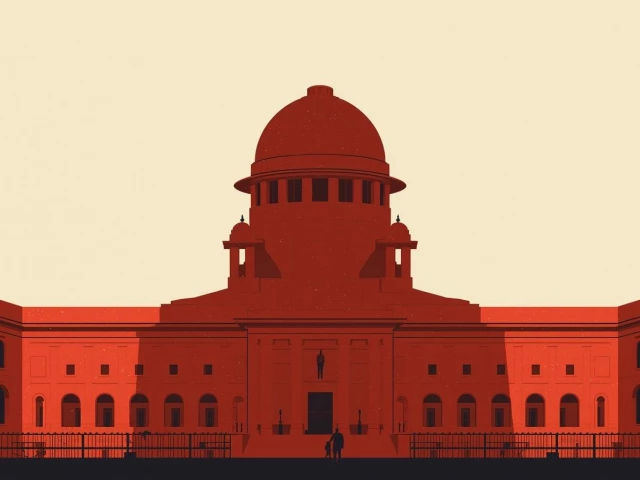Ever since the 26th Constitutional Amendment was enacted much ink has been spilt about its detriments, especially its implications for judicial independence in Pakistan. These discussions have, however, eluded attention to its prohibition on the Supreme Court’s power to take suo motu action under Art.184(3) of the Constitution.
This has been the case, perhaps, not because this particular provision failed to weaken judicial autonomy less than the overall statute but rather because the court has primarily wielded its suo motu powers for political ambitions instead of for the protection of Fundamental Rights.
The Latin term “suo motu” refers to a court’s authority to take action on its own accord, and start proceedings against certain parties. The Pakistan SC’s suo motu powers flow from Article 184(3) of the Constitution, which empowers it to make an order consisting of various remedies to aggrieved parties “if a question of public importance with reference to enforcement of Fundamental Rights is involved”.
The principal objectives of the suo motu doctrine were to reinforce human rights protection by enhancing access to justice.
Thus, where underprivileged people were unable to seek any remedy from the court against any injustice due to the cost of litigation, the SC would proactively take notice of their grievances, seeking solutions by establishing fact-finding missions overseen by expert committees and rolling reviews.
To its credit, much of the early suo motu cases centered on human rights violations, with the court exercising its powers to enhance rights protection. For example, in 1991 the court was quick to declare that Section 10 of the Special Courts for Speedy Trials Act, 1992 was unconstitutional as public hangings violated the dignity of man protected under Article 14 of the Constitution. More importantly, suo motu proceedings against the government were a chief reason for the release and return of hundreds of enforced disappearances during the mid-2000s.
It can, however, not be denied that even where suo motu action purportedly upheld the protection of human rights, there was always a political tilt to them.
Such cases under Chief Justice Iftikhar Chaudhry functioned as part of a broader challenge to the Musharraf government, with a key inflection point being Wattan Party v Pakistan (the Memogate case) in which the Supreme Court impeded the government’s attempt to privatize Pak Steel Mill, insinuating that a large-scale corruption scandal was occurring.
Thus, perhaps in an effort to bolster its own political currency, successive Supreme Courts increasingly abandoned these ideals, turning a progressive instrument motu jurisprudence into a cudgel for the judiciary with which it could beat down democratic governments. During Chief Justice Saqib Nisar’s era, the social dimension of suo motu jurisprudence apparently became epiphenomenal, as the court increasingly indulged in extra-judicial activities such as taking issue with population control and taxes on network services. This reached a bizarre crescendo when the chief justice led efforts to set up a fund for the creation of a dam. The mark left by the Nisar SC was perhaps the last nail in the doctrine’s coffin. With public confidence in the judiciary’s competence and compliance to the principle of separation-of-powers significantly eroded, perhaps the tenure of Chief Justice Qazi Faiz Isa understandably adopted a more diligent approach.
Suo motu has historically been used primarily as a means for the Supreme Court to rear its head in political matters, on a noble premise albeit false pretense. The prohibition on the Supreme Court suo motu powers by the 26th Constitutional Amendment, thus, does not necessarily spell a weaker fundamental rights protection infrastructure for Pakistan but a much-needed halt to unjustified judicial overreach.
The writer is an adjunct professor of Jurisprudence & Legal Theory based in Peshawar



COMMENTS (1)
Comments are moderated and generally will be posted if they are on-topic and not abusive.
For more information, please see our Comments FAQ